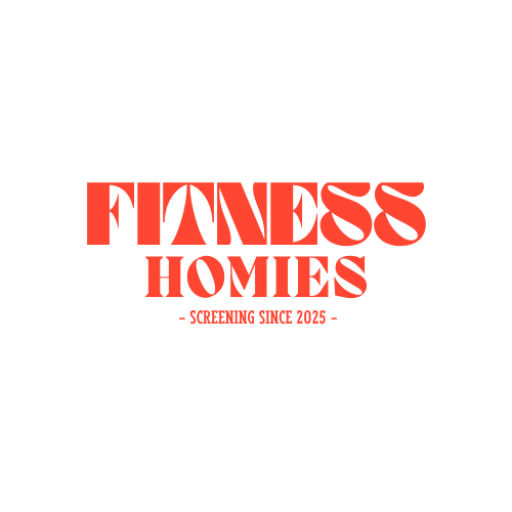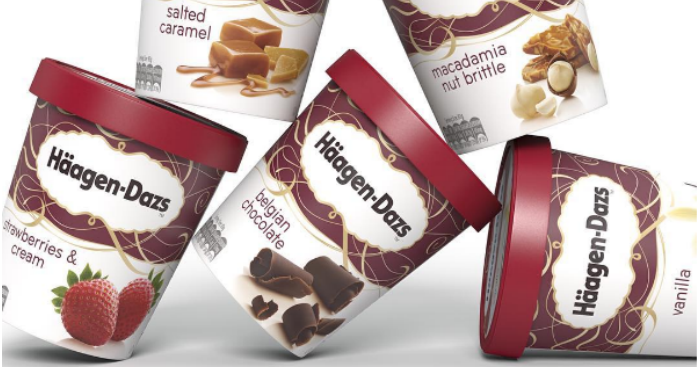
For decades, coffee has been the go-to morning ritual for millions seeking an energy boost to kick-start their day. But a new contender is emerging—and it doesn’t come in a cup. More and more people are turning to cold showers as a natural, powerful way to feel alert, focused, and energized in the morning.
At first, the thought of an icy splash may seem more like a punishment than a wellness hack. However, the science and testimonials behind cold showers are compelling. They offer not just a jolt to the system but long-term benefits for your mental clarity, physical recovery, and emotional resilience.
So, what’s behind the trend? And can cold showers really replace your morning coffee? Let’s dive in.
The Science Behind the Chill
When you expose your body to cold water, several things happen:
Increased alertness: Cold water triggers your body’s natural stress response, stimulating the release of adrenaline and noradrenaline. These hormones increase heart rate, raise oxygen intake, and boost mental clarity—similar to what caffeine does but without the crash.
Boosted circulation: As your blood vessels constrict, blood is pushed toward your core to protect vital organs. When you warm back up, circulation improves throughout the body, helping with detoxification and skin health.
Reduced inflammation: Cold exposure helps reduce muscle soreness and inflammation, which is why athletes often use ice baths for recovery.
Elevated mood: Cold showers can stimulate the production of endorphins—your body’s natural feel-good chemicals. Regular cold exposure is also linked to reduced symptoms of depression and anxiety.
Cold Showers vs. Coffee: What’s the Difference?
While both coffee and cold showers can help wake you up, they work in very different ways.
| Factor | Coffee | Cold Shower |
|---|---|---|
| Boosts Alertness | ✅ Caffeine stimulant | ✅ Adrenaline response |
| Energy Duration | ⚠️ Temporary boost, crash later | ✅ Sustained natural energy |
| Mood Enhancement | ⚠️ Short-lived dopamine hit | ✅ Endorphin and dopamine release |
| Dependency Risk | ⚠️ High potential | ✅ No dependency |
| Physical Health Boost | ⚠️ Limited benefits | ✅ Circulation, immunity, skin |
The best part? Cold showers don’t interfere with sleep cycles or raise your cortisol levels long-term like caffeine can.
How to Start Without Shocking Your System
If you’re not used to cold showers, jumping straight into freezing water might be too intense. Here’s how to ease into the routine:
Start Warm, End Cold: Begin with your usual warm shower and switch to cold for the last 30 seconds. Gradually increase the cold exposure each day.
Use Controlled Breathing: Take deep, controlled breaths to calm your nervous system and stay grounded during the cold exposure.
Set a Timer: Start with 30 seconds of cold water, then aim for 1–2 minutes over time.
Be Consistent: It takes about two weeks to build comfort and experience the full benefits.
Who Should Avoid Cold Showers?
While cold showers are generally safe, people with cardiovascular conditions or low blood pressure should consult their doctor before incorporating cold therapy. If you ever feel dizzy or faint, step out immediately and warm up.
Real-Life Benefits from Cold Shower Fans
People who adopt cold showers often report:
Sharper focus in the morning
Improved skin tone and reduced puffiness
Less reliance on caffeine
Increased mental resilience and discipline
Cold showers also trigger a sense of accomplishment. Starting your day by doing something uncomfortable sets the tone for mental toughness, which can positively affect every area of life.
Final Thoughts: Should You Make the Switch?
You don’t have to give up your morning coffee entirely to benefit from cold showers. In fact, many people pair both—starting with a cold rinse to wake up the body and following it with a hot cup of coffee to ease into the day.
The point is to experiment with what works best for you. But if you’re looking for a natural, caffeine-free boost that strengthens both your body and mind, cold showers just might be the ultimate morning ritual.









